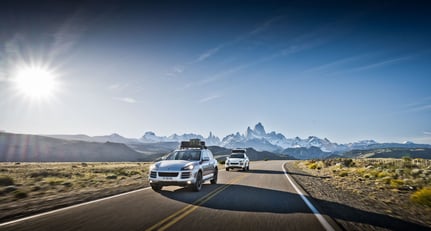Stefan, for your travel magazine "Curves" you've been traveling almost constantly for 12 years. You've been to Patagonia for the latest volume, which is already the 20th. What drives you to get out on the streets again and again?
Stefan: The wanderlust. Ever since I was a child, I loved to travel. The battle cry in our family was: 'The wild hunt goes on!' To this day, it still fills me to be on the move, to discover new things, to meet new people. I like being active and traveling at a fast pace. Being thrown into a completely different culture and finding my way around there. Beach vacation is my personal antimatter. I think I just can't give up, I've got bumblebees up my ass. This only has an end once I come to an end.
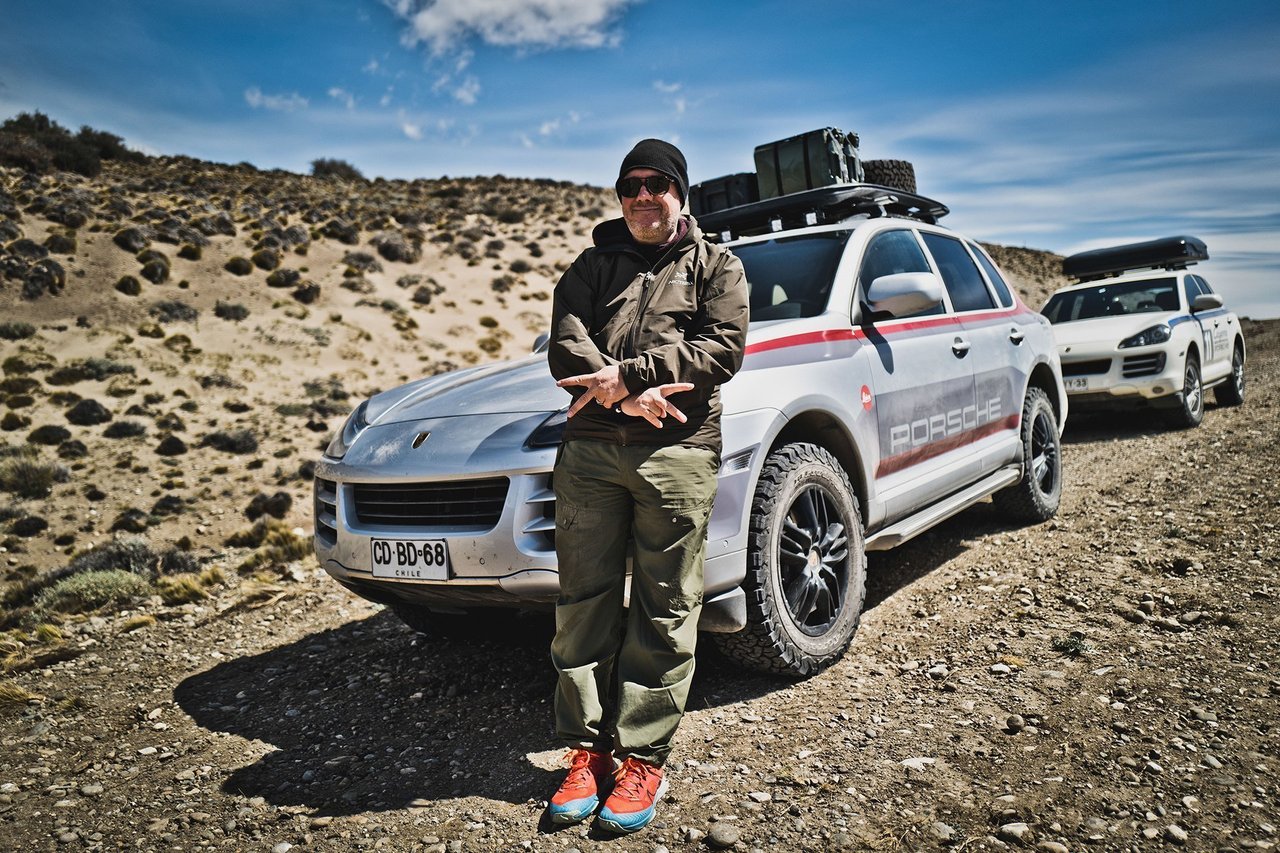
A journey is always a mission for you. And in the end, as a result, you hold the reins.
Stefan: Exactly. In that sense, “Curves” was a self-fulfilling prophecy. I always need a goal. The great explorers fascinate me. The Vikings, Humboldt, Vasco da Gama. They were also great driven ones. But it is also important to me to share my adventures and experiences. I want to encourage people to get out, to travel, to discover the world - preferably now and not at some point. If a reader writes to me that he has followed one of my tours and experienced something unique, then that is more important to me than any design award.

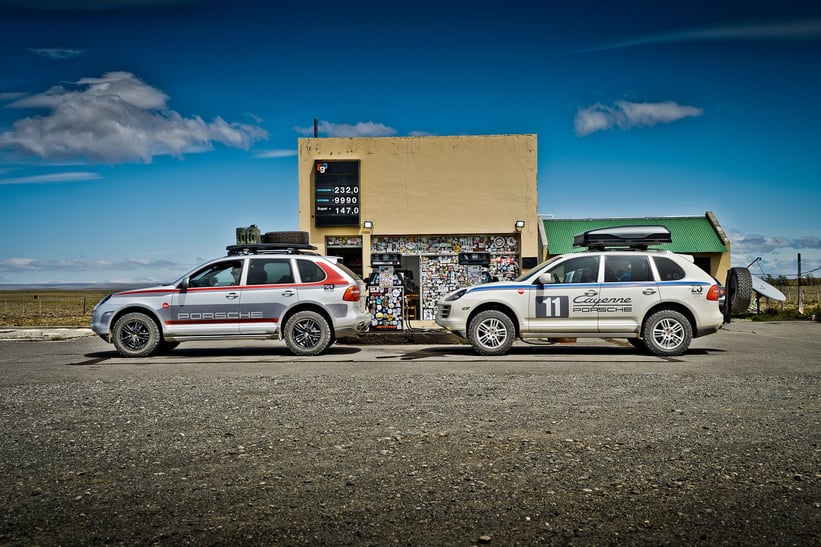
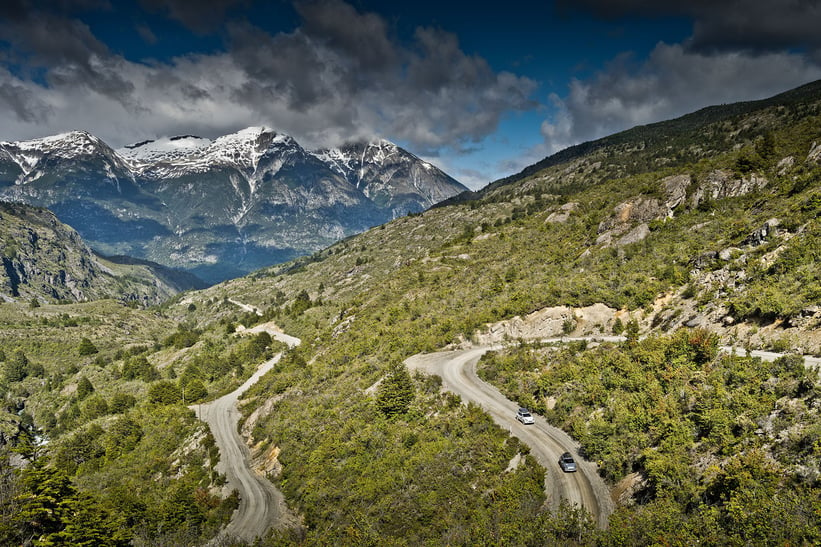
Why Patagonia?
Stefan: In the world we live in, there are no real adventures anymore. Patagonia is one of the last places on the map that is big and wide and lonely and empty. That's why it has always been a place of longing for me. Seen from us in Europe it really is the end of the world.
Frank: Today you can easily travel there by plane. But one has to imagine that Magellan never returned from the voyage on which he discovered the sea route that bears his name. The seafarers of that time probably knew less about the way ahead than the astronauts who will soon start on the first Mars mission. And yet they took the risk – on ships like nutshells. Those were bold boys!

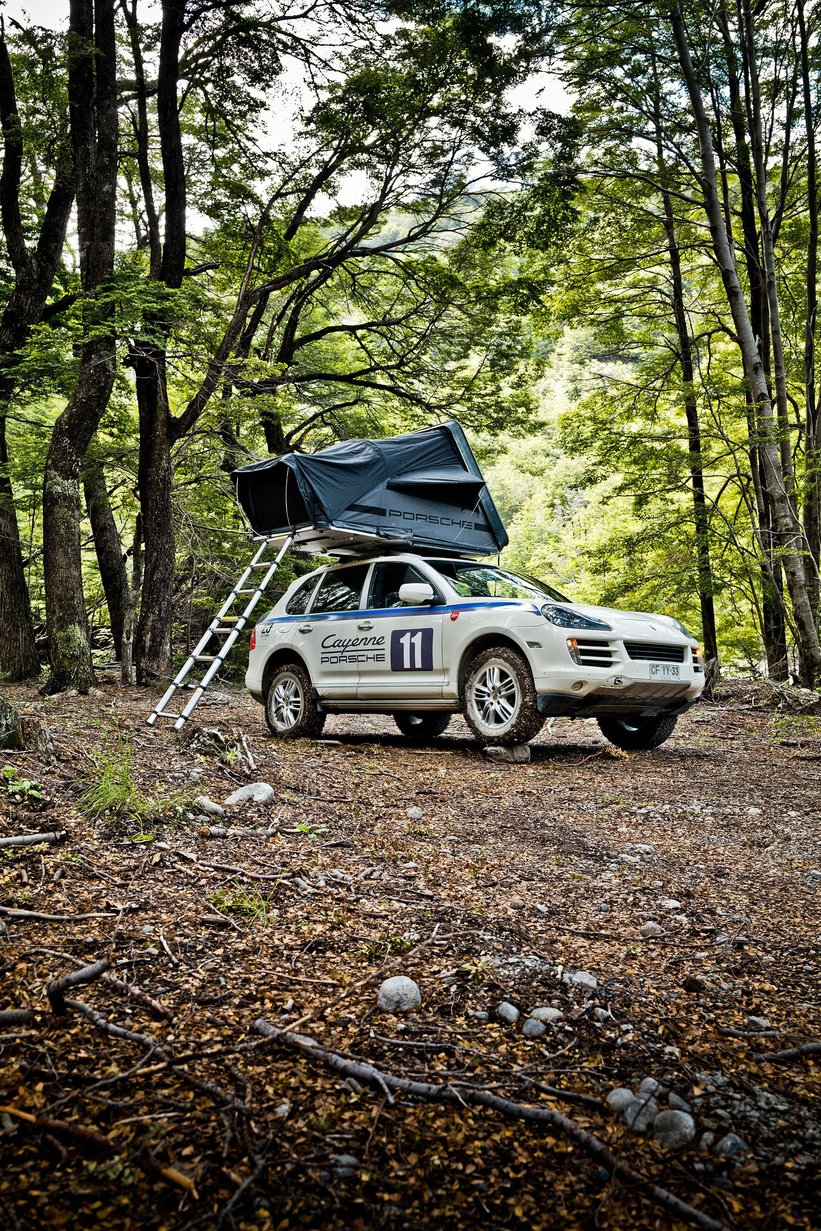
Stefan: And when the Strait of Magellan was discovered 500 years ago, it didn't look much different than today. The country is really hardly developed by civilization. There's a road that you follow for days, it's four meters wide and made of gravel. Hundreds of kilometers of untouched wilderness, mountains and glaciers lie to the right and left. Plus the clear air, the wind. That cleans your mind.
Frank: These are landscapes like Ansel Adams. You stand there and look into eternity. There are places and mountains that have no name. In the Alps, everything is signposted even at the very top. This is almost non-existent in Patagonia. The landscape is untamed. It really is still a pioneer country.

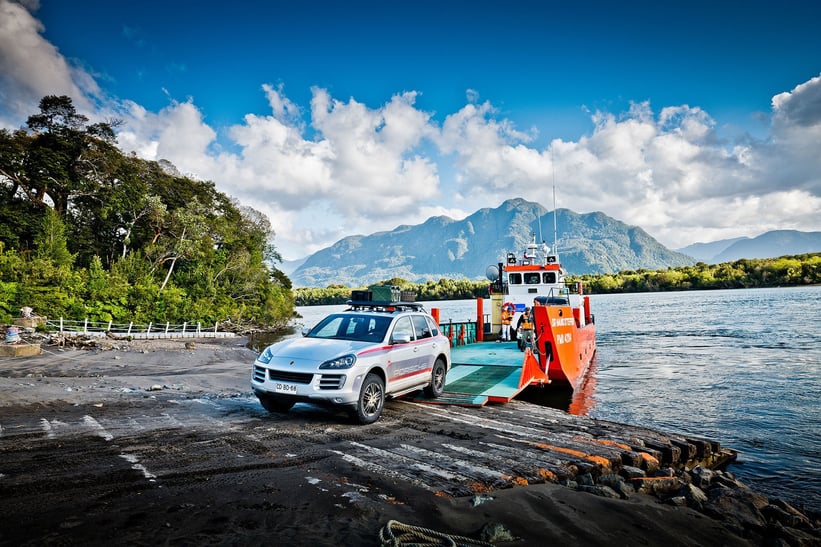
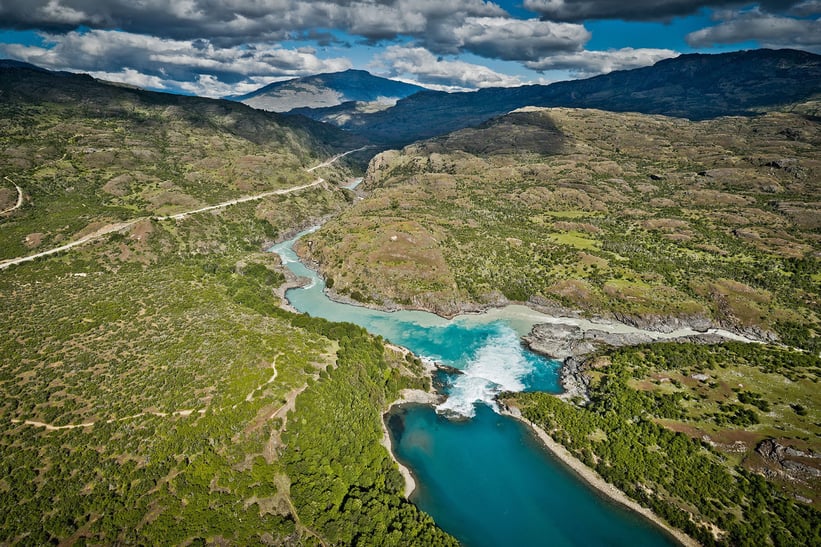
Stefan, nevertheless, the central motif in your pictures is always the street.
Stefan: Streets are like bridges, they connect people. Our civilization has grown along the roads. And I still believe that humanity would have less conflict if it traveled more. New discoveries, meeting people beyond your own bubble. I'm an optimist there.
Frank: These are landscapes like Ansel Adams. You stand there and look into eternity. There are places and mountains that have no name. In the Alps, everything is signposted even at the very top. This is almost non-existent in Patagonia. The landscape is untamed. It really is still a pioneer country.
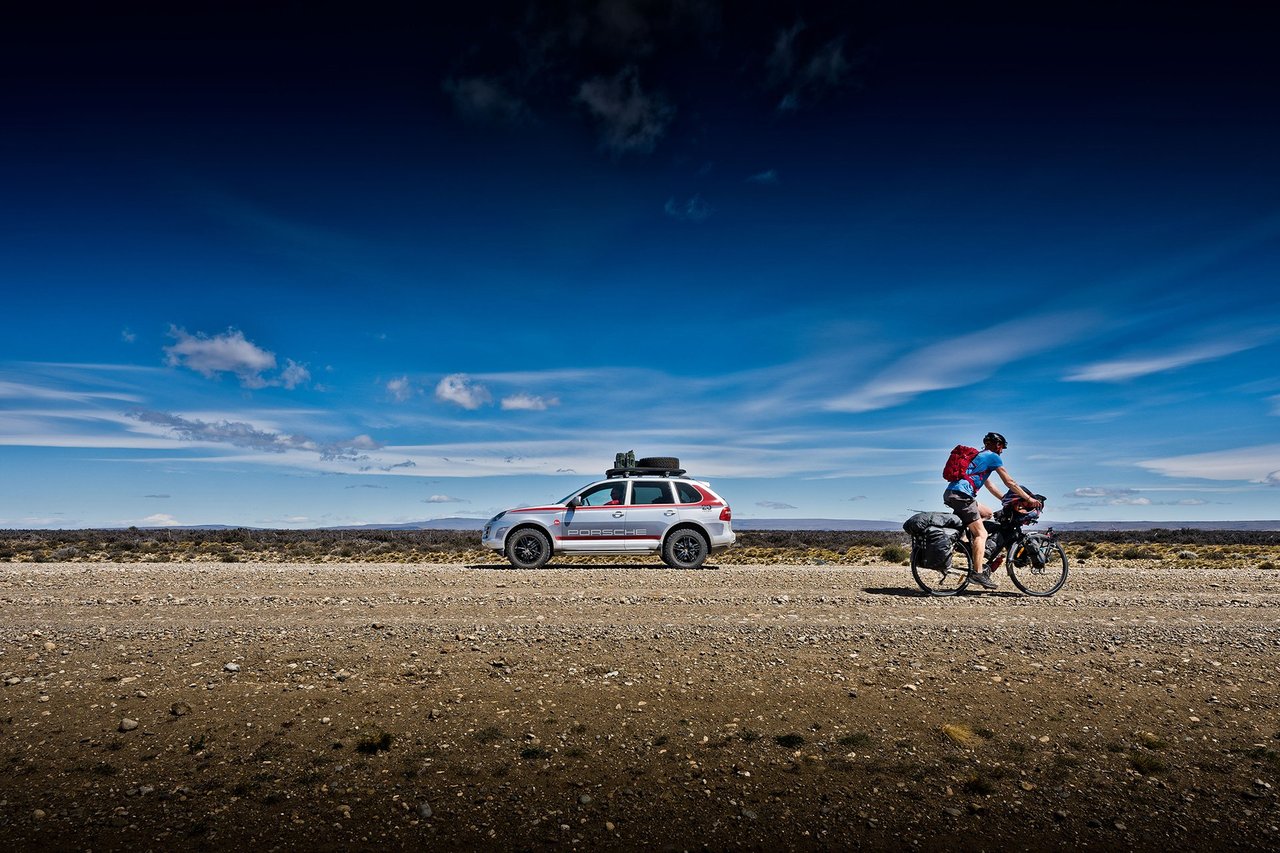
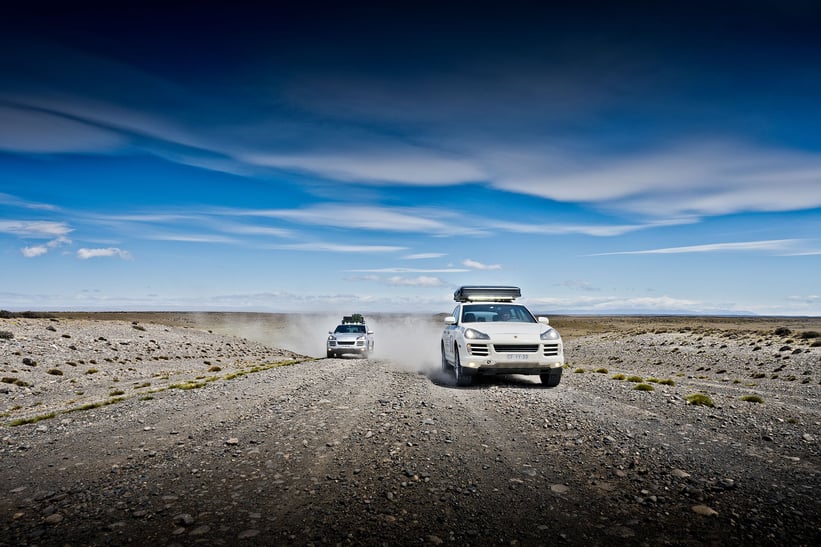

What has the country done to you?
Stefan: It rebooted me. Our everyday life with all its problems is simply very far away in Patagonia. Then you drive and drive and the road doesn't stop. Jungle is followed by mountains, deserts, glaciers. Sometimes you see a mountain peak in front of you in the morning and you still haven't arrived in the evening - the distances are so great, the view is so wide. After a few days on the road, you slowly adapt to the rhythm of the country, no longer checking your smartphone, driving with the weather. Nevertheless, you have to plan ahead: If you don't book your ferry, you might end up standing at the port for three days waiting for the next connection.
Frank: A Patagonian proverb says: If you are in a hurry, you will arrive later. There's something to it.
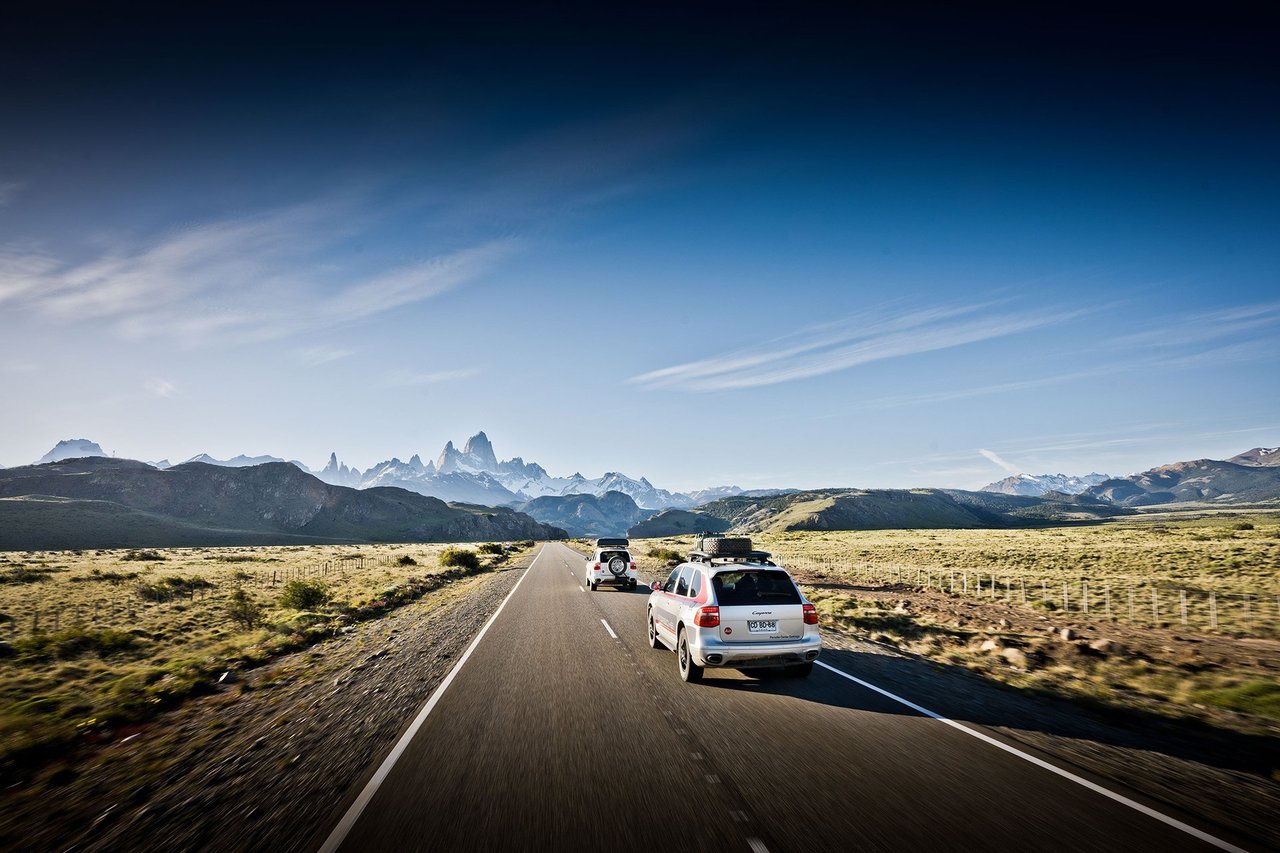

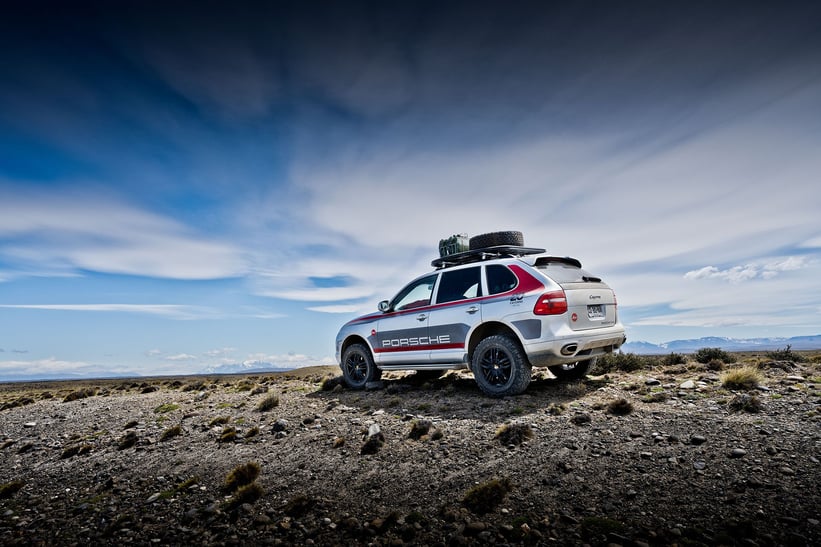
You had two Porsche Cayennes from the first series with you. Why these cars?
Stefan: You should have an all-terrain car with you for the slopes in Patagonia. And the first Porsche Cayenne really is an off-road talent – the perfect interface. It's probably only now that you can buy it cheaply as a young classic that it's finding its true purpose. We also had a roof tent, the obligatory spare tires, a few cans of fuel – you never know exactly when the next gas station will come and whether there will still be gas there. I would also recommend any traveler to go with two cars. In Patagonia everyone will help you, but someone has to come along.


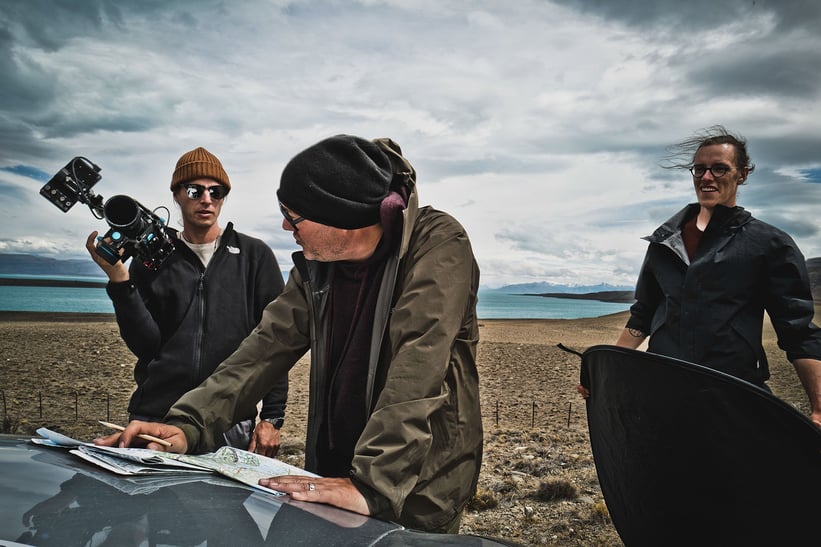
Was there a critical situation on your trip?
Stefan: We once freed a motorcyclist who had fallen on a gravel road and was trapped under his machine for hours. Luckily he wasn't seriously injured. But it's a strange feeling when you see vultures circling in the sky.
Frank: I once followed a hiking trail alone for a trail run and got lost on the way back. It was already beginning to get dark. Of course, the map on the mobile phone no longer loaded either. I then intuitively followed a creek bed and came back to the camp after a few hours quite scratched. But I kept it to myself until the last day – otherwise the tour group would probably have rejected me (laughs).
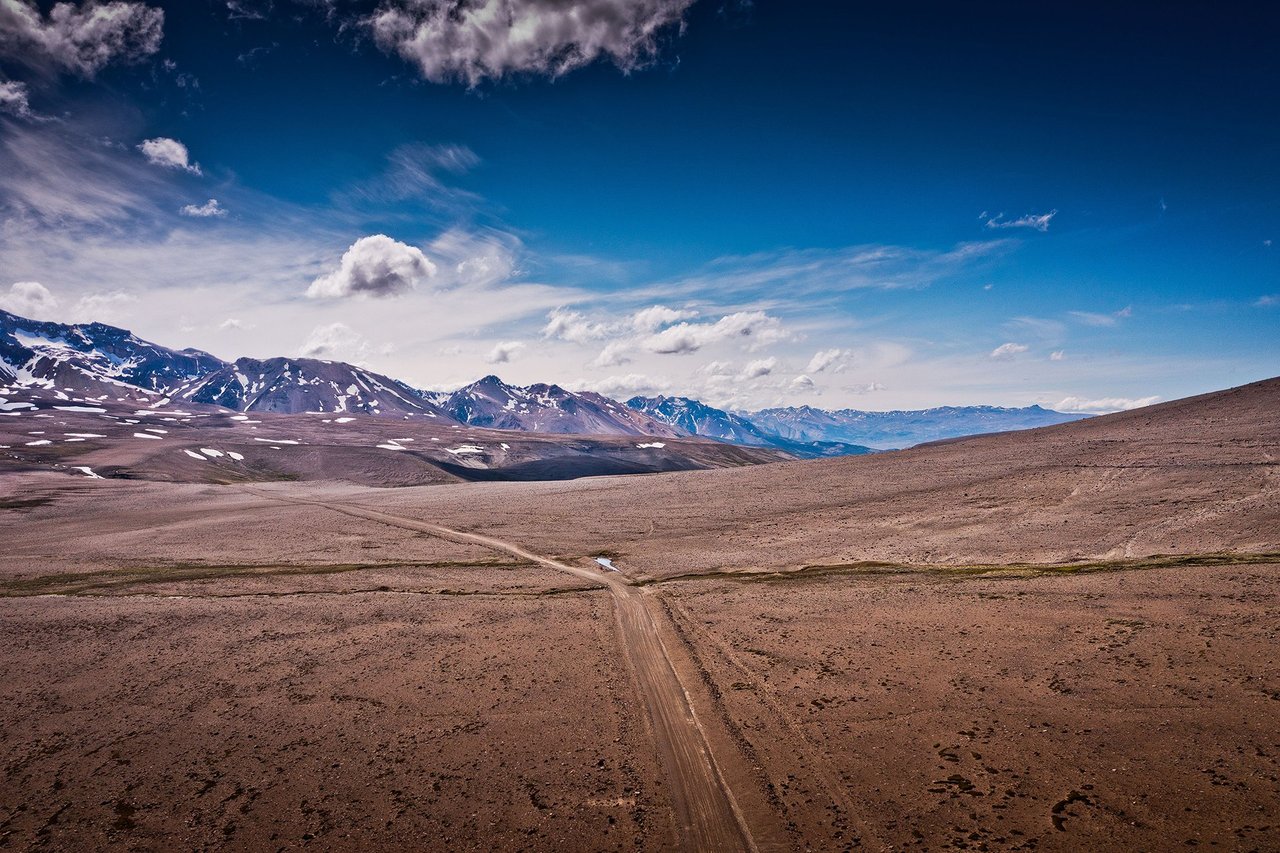
Are there any tips you can give to people who want to retrace your journey?
Stefan: Rely on the map and compass. Prepare well, plan your border crossings and ferry trips. Don't take risks. Take extra fuel with you, spare tires.
Frank: And a small Bialetti, because the coffee on the go is hardly enjoyable!
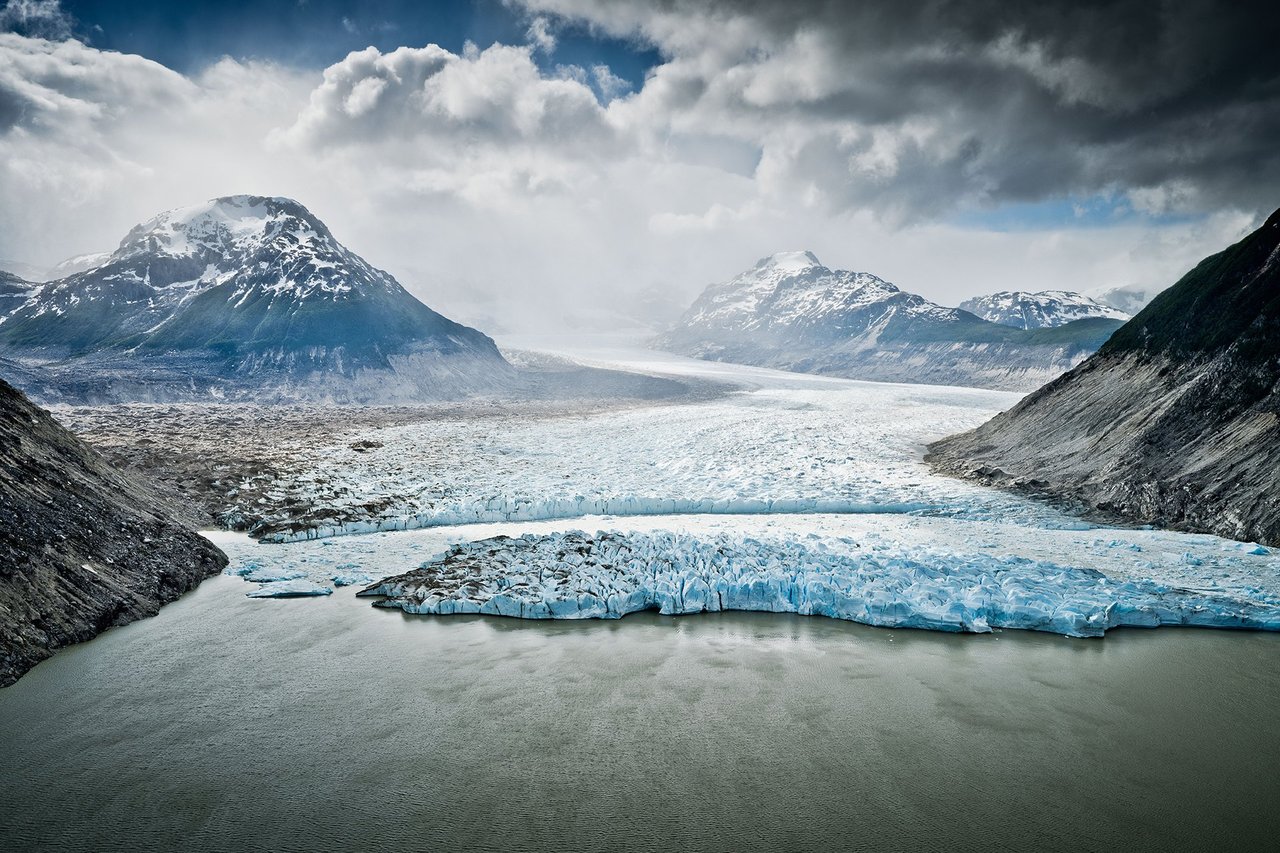
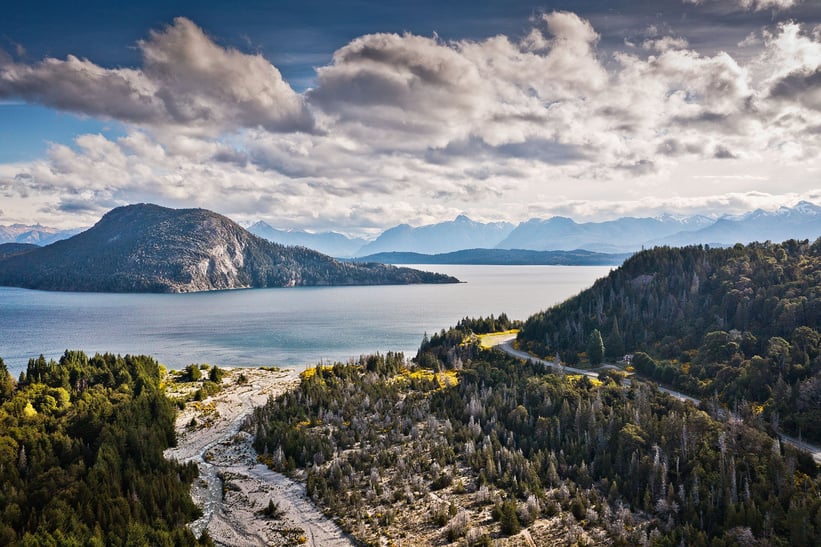

Which moments of the trip do you remember the most?
Stefan: There were always moments when we had tears in our eyes – and not just from the wind.
Frank: For me, arriving at the Moreno Glacier was like that. First you walk through a forest and you only hear this crackling. Then you suddenly stand in front of this glacier front - and have great difficulty grasping the dimensions. There you stand in front of a white ice wall that is 100 meters high and hundreds of kilometers long. Then it cracks like a thunderstorm and a block of ice the size of a house falls down and the cold hits you in the face. Words fail you.
Stefan: You notice: I'm actually nothing, my daily problems are completely irrelevant. I don't really care about geography. This is the total cleansing, the mental reboot.
What are you taking with you from the trip?
Stefan: Coming back from Patagonia and hearing people moan about little things here in Munich is a shock. But the memories remain. And if you get annoyed by an email again, you close your eyes and you're back on this glacier, and your pulse drops again.
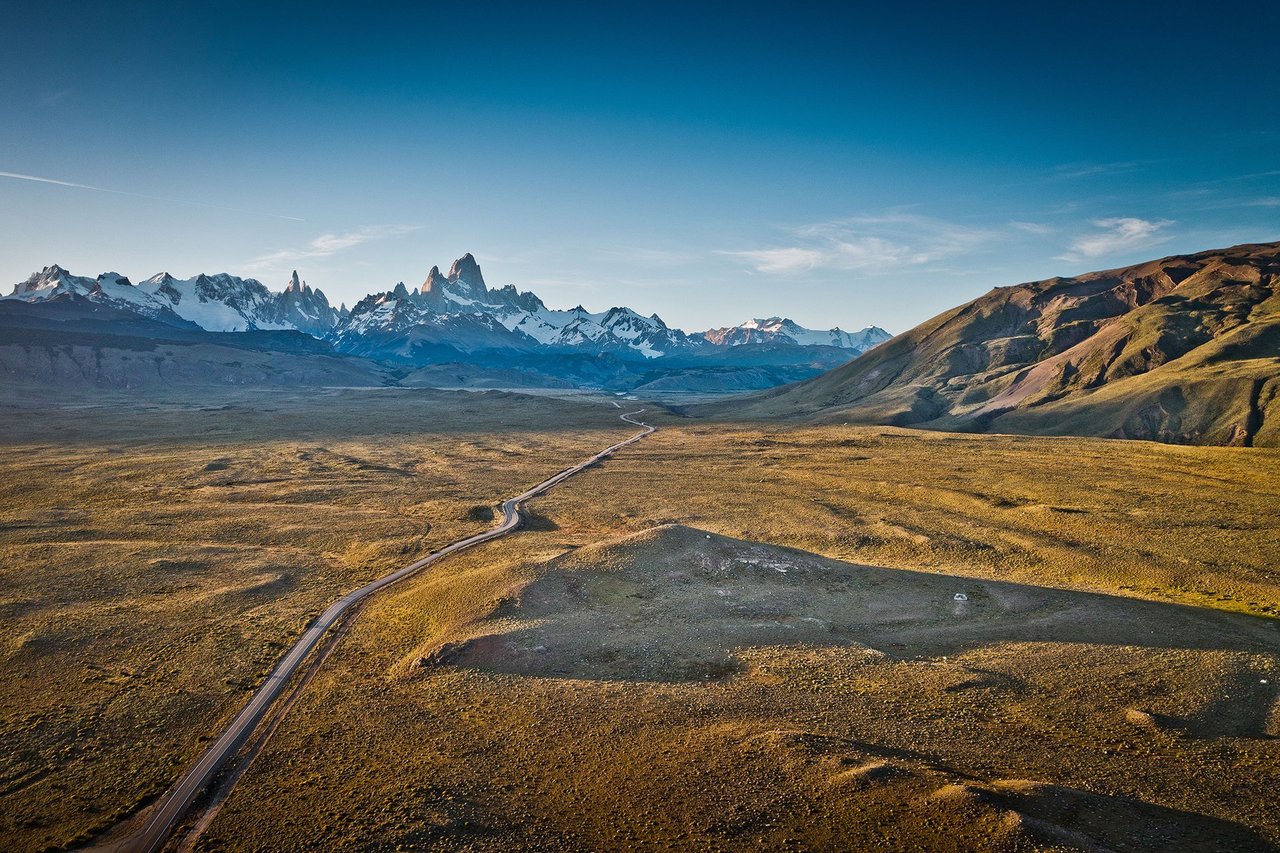
Where are you going next?
Stefan: I still have many longing places that I would like to visit. Japan and China, the Himalayas and Mongolia. New Zealand. Alaska and Canada. The Antarctic. This is all just the beginning.
